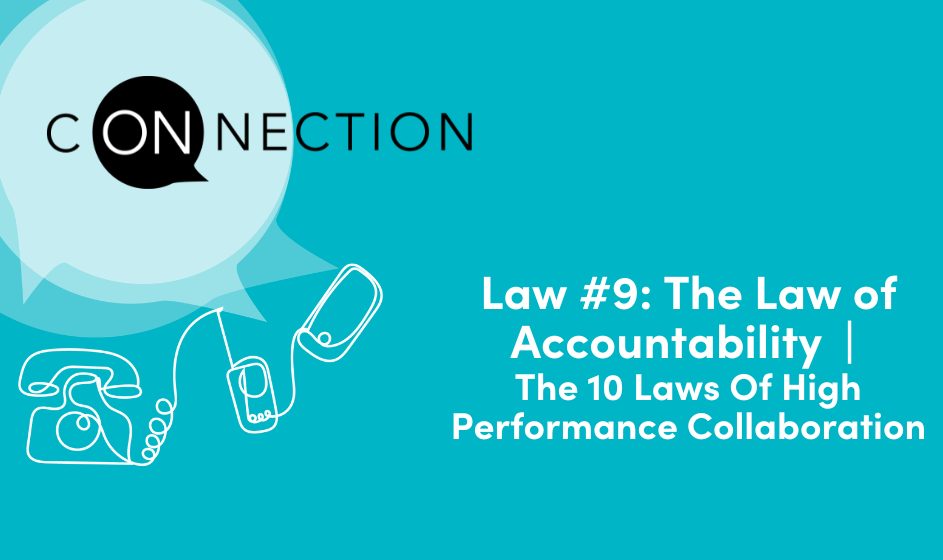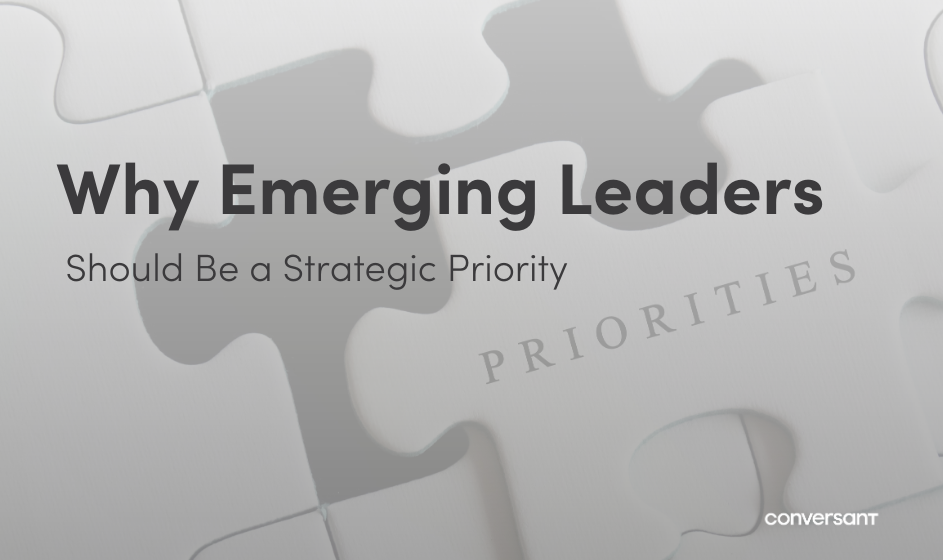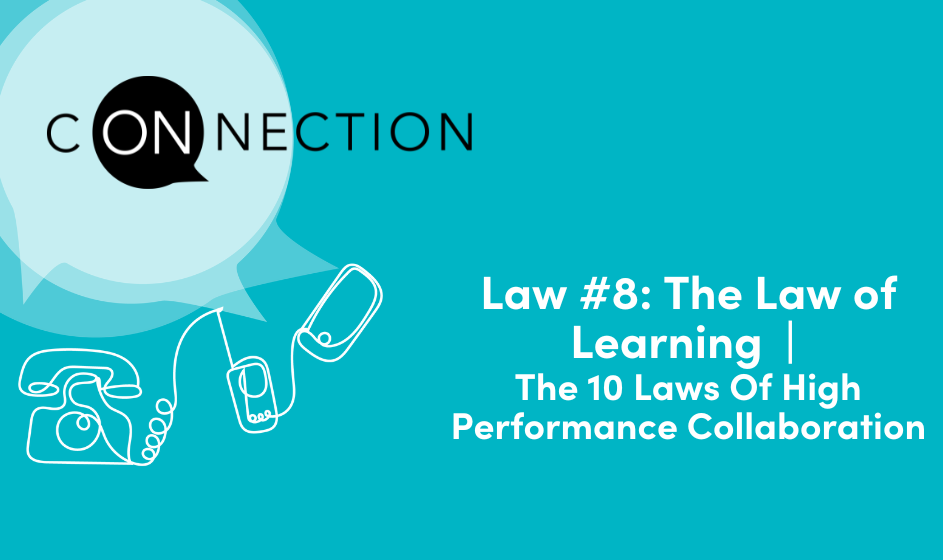The Human Touch: Why AI Will Never Replace Our Emotional Intelligence
Recently, I was with 3 colleagues in the Midwest for a 3-day, in-person meeting we were facilitating with a client. It was so much fun! We laughed, we played, we struggled through the inevitable challenges, and we came up with creative ideas that made us nervous to try out with a client. The client was extremely happy. They laughed, struggled through their own inevitable challenges, and graciously played along with our crazy ideas—and got a great deal out of them, much to their (and our) surprise!
Even the most intelligent AI could not have done any of this, and even if it could have, what would have been the point? It was all of us humans, together, experiencing joy, play, creative thinking, and struggling through challenges that made it meaningful.
AI is one of the most fascinating and debated subjects of our time. It has the potential to transform many aspects of our lives, from health care to education, from entertainment to security. AI can perform tasks that are difficult, dangerous, or tedious for humans, such as playing chess, diagnosing diseases, driving cars, or composing music. AI can also learn from data and make decisions based on the information it takes in.
But does that mean that AI is smarter than humans? Does that mean that AI can replace humans in the future? I don’t think so. I think that human intelligence and artificial intelligence are fundamentally different and complementary. They have different qualities and abilities that make them suitable for different kinds of problems and situations.
So, what is it that makes human beings unique and special? What is it that differentiates us from AI and will remain when AI takes over all the things it can do better than us?
As I have reflected on this question, there are several things I think make human beings unique and special compared to AI:
- Humans have emotions: Emotions are not just feelings that make us happy or sad. They are also important for our motivation, creativity, social interaction, and moral judgment. Emotions help us to empathize with others, to cope with challenges, to express ourselves, and to enjoy life. AI systems may be able to imitate or recognize human emotions, but they cannot truly feel or understand them.
- Humans have imagination: Imagination is the ability to create mental images or scenarios that are not based on reality or existing data. Imagination allows us to envision new possibilities, to invent new things, to solve problems creatively, and to dream about the future. AI systems may be able to generate new combinations or presentations of data, but they cannot imagine something that does not exist or has not been seen before.
- Humans have culture: Culture is the set of shared values, beliefs, norms, symbols, and practices that shape our identity and behavior as members of a group or society. Culture influences how we communicate, how we learn, how we cooperate, and how we view ourselves and others. AI systems may be able to adapt to different contexts or users, but they cannot create or appreciate culture in its richness and diversity.
- Humans have agency: Agency is the ability to act independently and make choices according to our own goals and preferences. Agency gives us a sense of control, responsibility, and freedom over our lives. AI systems may be able to act autonomously or make decisions based on rules or algorithms, but they cannot have agency in the same way as humans do. They cannot have their own goals or preferences that are not programmed by humans.
These are just some of the things that I think make human beings unique and special compared to AI. Of course, this does not mean that humans are superior or inferior to AI. It just means that humans and AI have different strengths and weaknesses that can be used together for mutual benefit.
Sure, someday AI is likely to be able to do much of the analysis and planning and even strategic thinking for us and do it much better and faster. But that should free us up to have more time to be creative together, to envision the future we want to create together, and put AI to work to do the analysis and planning that will show us how to get there.
I believe that the future of work and society is not a zero-sum game between humans and AI, but a collaborative partnership that leverages the best of both worlds. At Conversant, our belief is that human connection is the source of meaning, value, contribution, and joy for all of us non-AI beings. Everything we do with our clients is focused on building and removing the barriers to human connection so that people, teams, and organizations can thrive. When we bring our fullest human selves to our work, we also bring our most creative and innovative ideas and biggest, boldest dreams along with it.
In the future, I strongly believe the organizations that will thrive will be the ones that have invested in creating an environment where their people can bring their full, creative, visionary selves, with AI bringing what it does best to make those visions a reality.
End Note: Around 85% of this post was written by ChatGPT. Can you tell which parts were written by me, and which were written by AI? Are you sure? Does it matter?
I find this topic extremely fascinating and would love to hear your thoughts, so please share them in the comments below.




